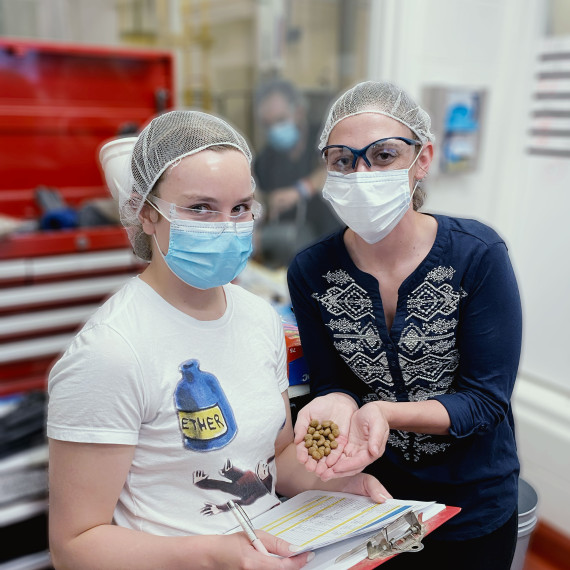BSM Partners is a full-service pet care research, consulting, and strategy-to-shelf product innovation firm tackling DCM.
Published Research
DCM Incidence Study
In March 2022, veterinarians and scientists from BSM Partners, the largest pet care research and consulting firm, and the University of Missouri, published an analysis of a retrospective survey that evaluated the annual incidence of canine dilated cardiomyopathy (DCM) diagnosed by veterinary cardiologists across the United States, along with previously unknown information regarding the growth of grain-free pet food store sales. The peer-reviewed article, which appears in Frontiers in Animal Science, includes data that did not indicate a significant increase nationally in DCM incidence over time, from 2000 to 2019, while grain-free pet food store sales grew 500% between 2011 and 2019. Researchers also found no significant correlation between the national DCM incidence rate in relation to grain-free pet food sales.
The full text of the article can be found here.
Animal nutritionists and veterinarians from BSM Partners, the largest pet care research and consulting firm, and the University of Illinois, published the results of a six-month study that found both grain-inclusive and grain-free canine diets had no negative effect on digestibility. The authors wrote, "While some have postulated that pulse-rich diets could perhaps be a cause of nutrition-associated dilated cardiomyopathy in canines due to a potentially negative effect on digestibility, our results showed all diets were highly digestible" by both beagles and mixed-breed hounds.
For the study, researchers formulated four canine diets. Two diets were grain-free, contained pulse ingredients and potatoes, and included either low or high amounts of animal protein. Two diets were grain-inclusive, contained no pulse ingredients or potatoes, and included either low or high amounts of animal protein. The study aimed to evaluate macronutrient digestibility, fecal characteristics, fecal metabolites, and fecal microbiota in Beagles and mixed-breed hounds when fed extruded diets containing different inclusion rates of animal protein and plant-based ingredients.
The research appeared in a peer-reviewed article in the Journal of Animal Science.
In June 2020, researchers from BSM Partners published their peer-reviewed benchmark review article on Dilated Cardiomyopathy in dogs, the review was the first in a series of peer-reviewed works.
The authors found no peer-reviewed evidence of a causal link between grain-free and legume-rich diets and DCM. The full text of the peer-reviewed article appeared in the Journal of Animal Science.
Veterinary Practice News wrote about the publication of the literature review.
Prospective evaluation of echocardiographic parameters and cardiac biomarkers in healthy dogs eating four custom-formulated diets.
Diet-associated dilated cardiomyopathy (DCM) has been suspected in breeds that have not been previously noted to have a predisposition to the DCM phenotype. This study hypothesized that over 210 days, dogs fed diets with varying amounts of animal-sourced protein and carbohydrate sources would not be negatively impacted in terms of their cardiac parameters and function.
The full text of the article can be found here.










